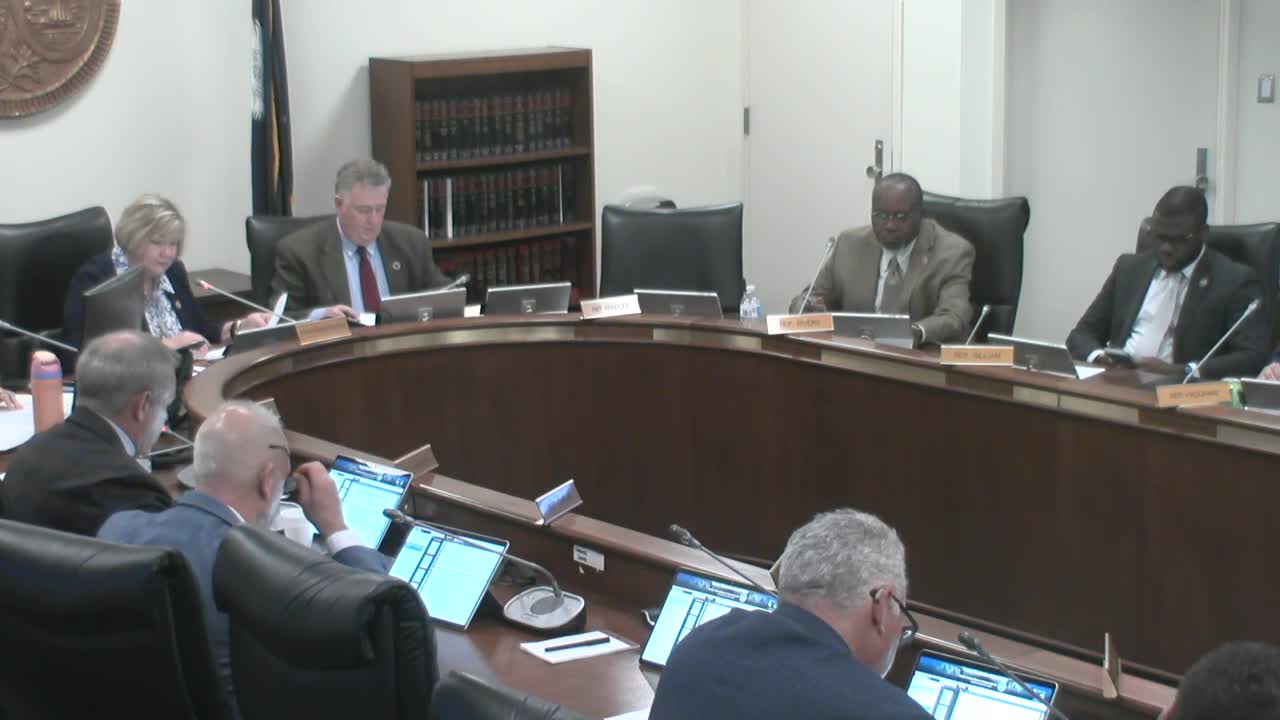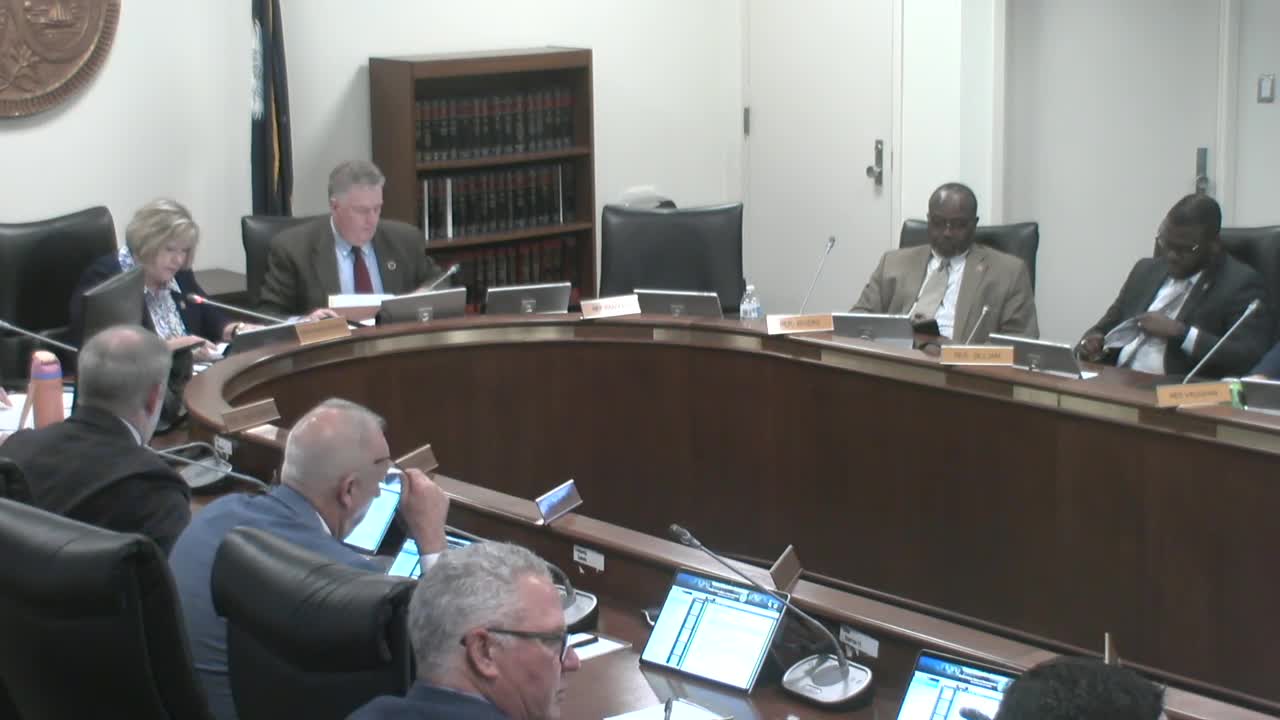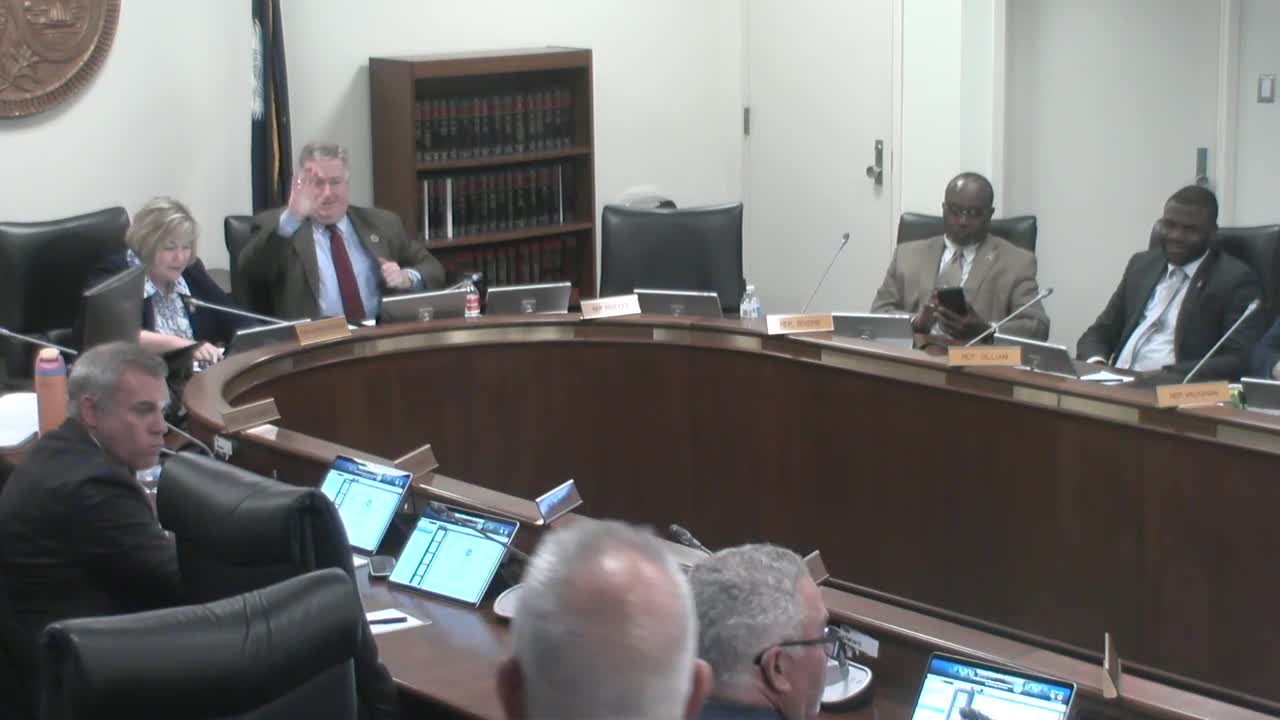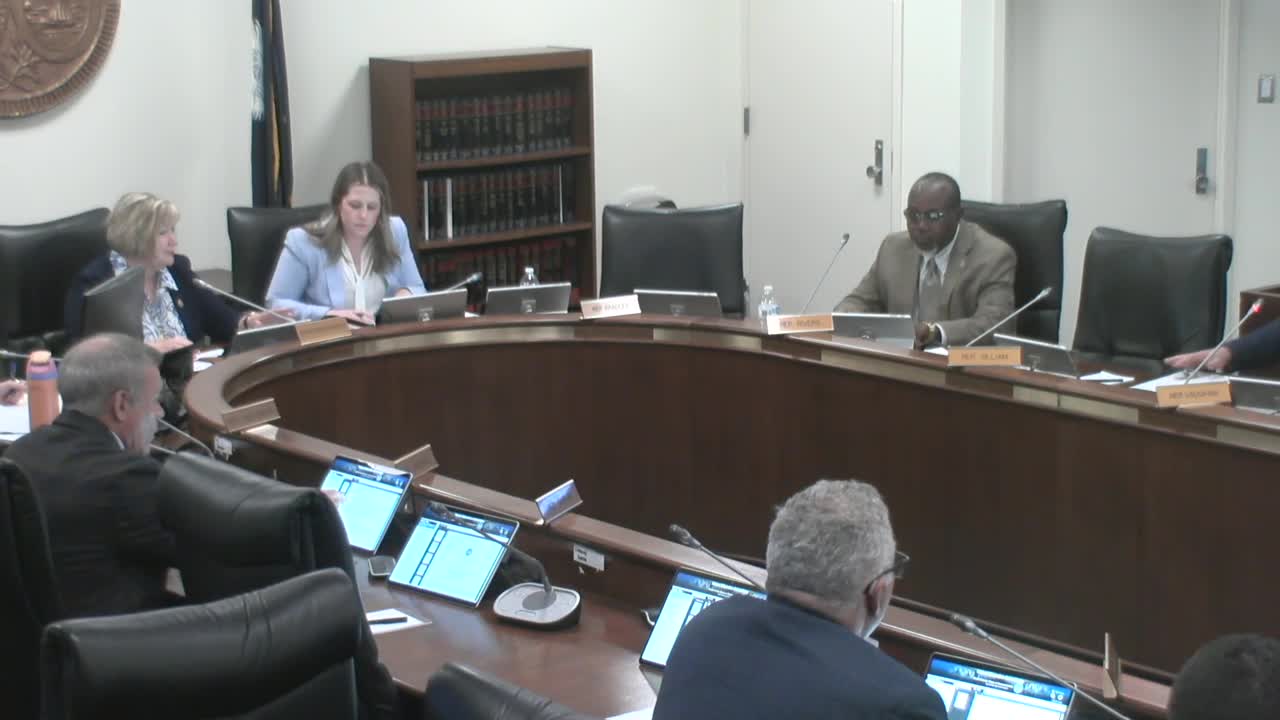Article not found
This article is no longer available. But don't worry—we've gathered other articles that discuss the same topic.

Committee clears higher-education cleanup bills, removes obsolete library and metric mandates

Committee backs waivers allowing districts extra makeup days after inclement weather

Committee approves law to allow mobile panic-alert systems in schools, shifts training to vendors

